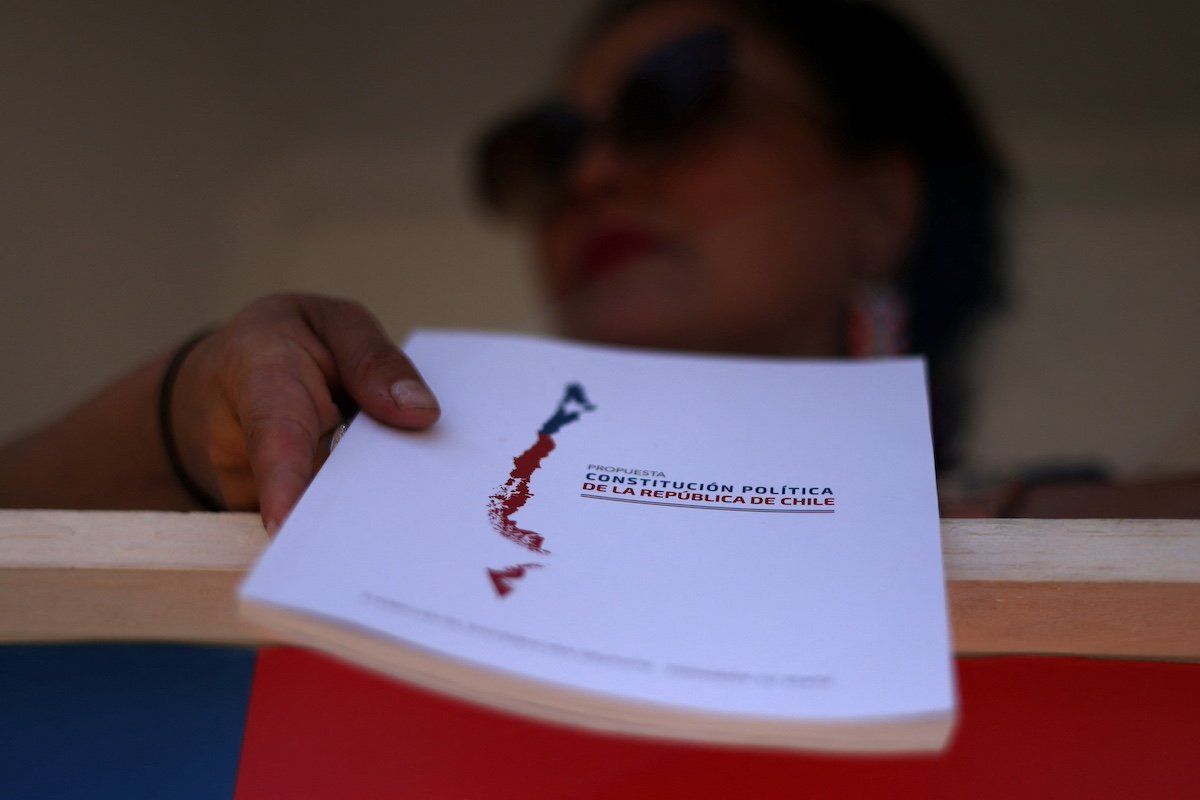Chileans go to the polls Sunday in what is likely the final attempt to ratify a new constitution after four years of partisan rancor about this issue. Spoiler: The chances aren’t great.
Surveys show that although support for the latest draft has been rising recently, about half of Chileans have already made up their minds to reject it and apathy is rife: just 1% of Chileans even see the constitution as a priority right now.
The outcome could still be close though, and the new proposal’s tough on crime provisions could win over Chileans who are increasingly concerned about security.
Either way, shed a tear for the President. After a surge of street protests in 2019, the young progressive Gabriel Boric took office in 2022 on promises to expand the social safety net and rework a constitution written during the rightwing dictatorship of Augusto Pinochet. But voters last year overwhelmingly rejected the left-leaning draft that the first constitutional convention wrote, voting in a right-leaning assembly for the second go-around.
“Efforts to reform the constitution have exposed the deep polarization that have impeded the passage of reforms for many years in Chile,” said Eurasia Group’s director for Latin America Maria Luisa Puig.
If the right-leaning draft does pass on Sunday, Puig says it will embolden conservatives to impede even more of Boric’s agenda. If it’s rejected, Boric will be stuck with the Pinochet constitution, and will likely remain deeply unpopular going into local elections next year.
